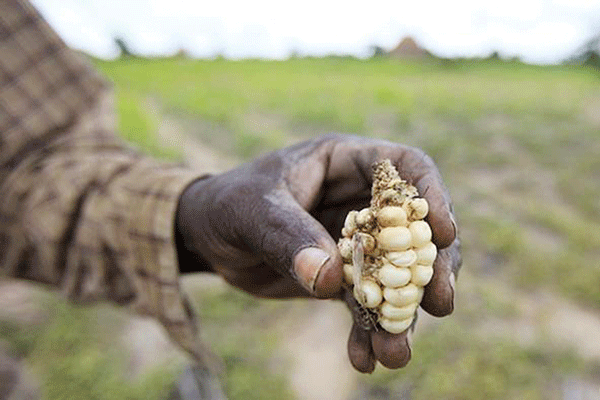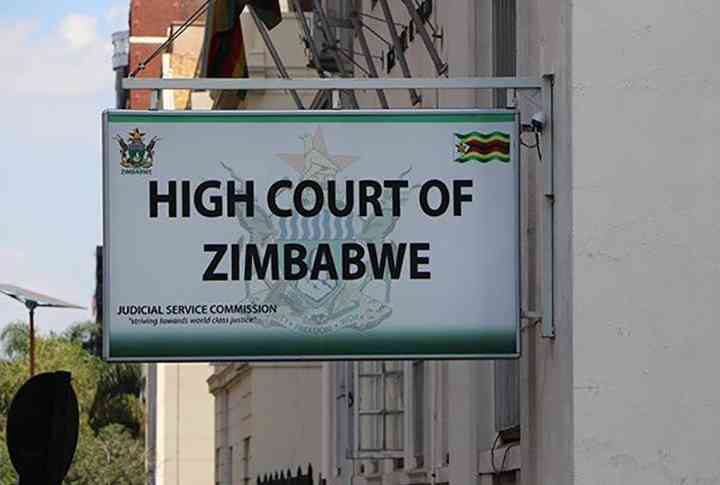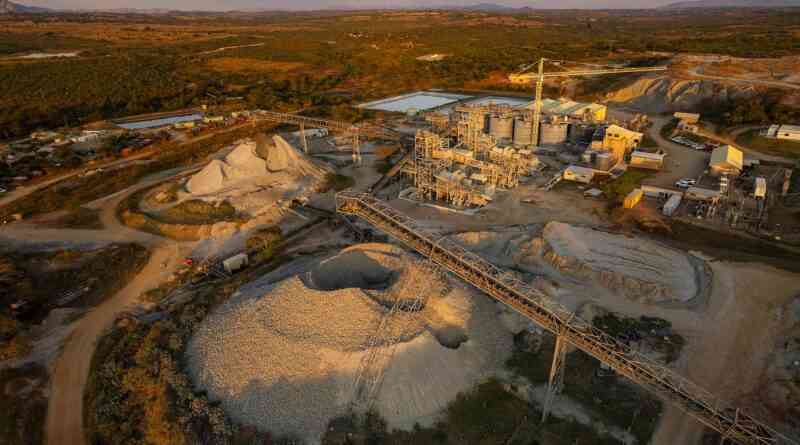
BY NQOBANI NDLOVU
THE majority of families from drought-prone areas might be in need of urgent food aid as their available food stocks have dropped sharply, a food insecurity monitoring agency has warned.
A Matabeleland South government taskforce has already revealed plans to resume a drought relief programme beginning next month, which was suspended in April.
According to a Zimbabwe Vulnerability Assessment Committee (ZimVAC) 2021 Rural Livelihoods Assessment Report, 50% of households in Matabeleland South province have less than three months’ supply of food stocks.
Government says Matabeleland South’s Social Welfare office will next week identify potential beneficiaries of the food relief programme, according to reports.
In a latest update on Tuesday, the Famine Early Warning Systems Network (Fews Net) warned that household food access in “deficit areas” was declining as “own produced food stocks become exhausted”.
“In typical deficit-producing areas, households’ own-produced food stocks are depleting with some poor households having already exhausted their stocks. Stressed (integrated food security phase classification (IPC phase 2) outcomes continue in these areas with crisis (IPC phase 3) expected to emerge in October as more households likely rely on markets for food,” the Fews Net report read.
“Minimal (IPC phase 1) is expected across surplus-producing areas, though some areas will deteriorate to Stressed (IPC phase 2) with the progression of the lean season. Most urban areas are anticipated to remain stressed (IPC phase 2) throughout the outlook period due to continue below-average purchasing power.”
- Chamisa under fire over US$120K donation
- Mavhunga puts DeMbare into Chibuku quarterfinals
- Pension funds bet on Cabora Bassa oilfields
- Councils defy govt fire tender directive
Keep Reading
The IPC phases describe households’ food security levels with IPC phase five identified as a situation where families are facing extreme food shortages.
The report noted that the food shortages in the region were being compounded by the high cost of living in the country.
“Despite last season’s above-average rainfall, consecutive years of drought are contributing to issues in water availability and access in semi-arid areas in the south, west, and extreme north, negatively affecting domestic and livelihood uses.
“Pasture and livestock conditions, especially cattle, are also deteriorating due to compounding effects of previous droughts, including poor regeneration of grasses,” Fews Net added.
- Follow Nqobani on Twitter @NqobaniNdlovu










